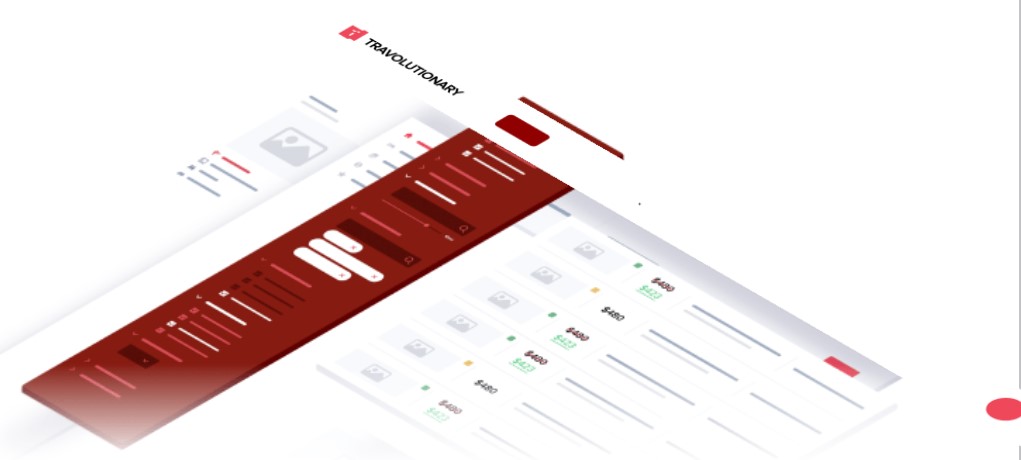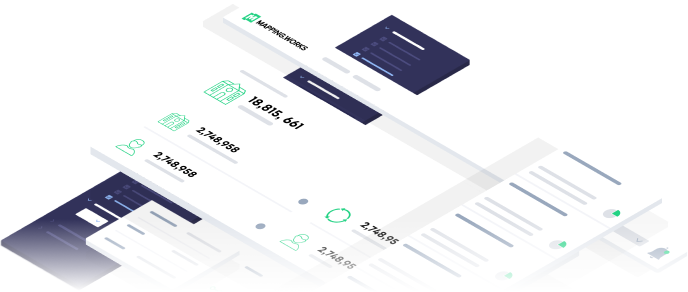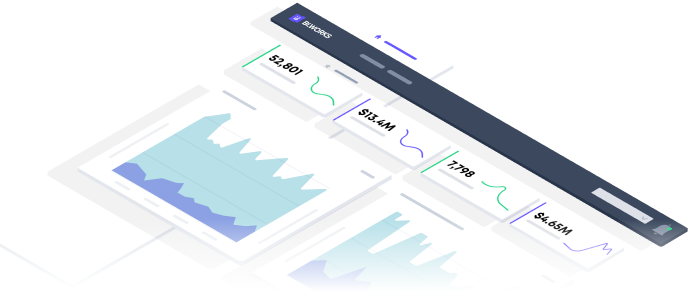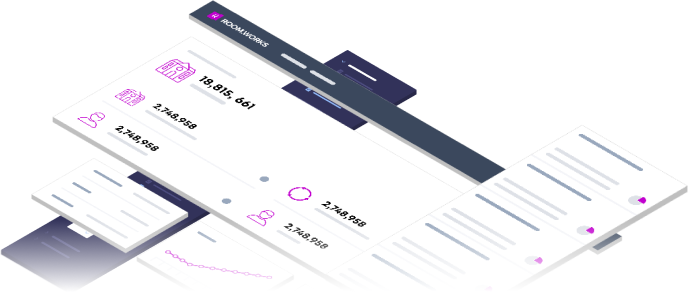What is Real-time Data?
Real-time data refers to information that is updated and available for analysis immediately as it is generated or received, without any significant delay. This type of data is typically collected, processed, and made accessible to users or systems in a near-instantaneous fashion, allowing for timely decision-making and response to events or changes as they occur.
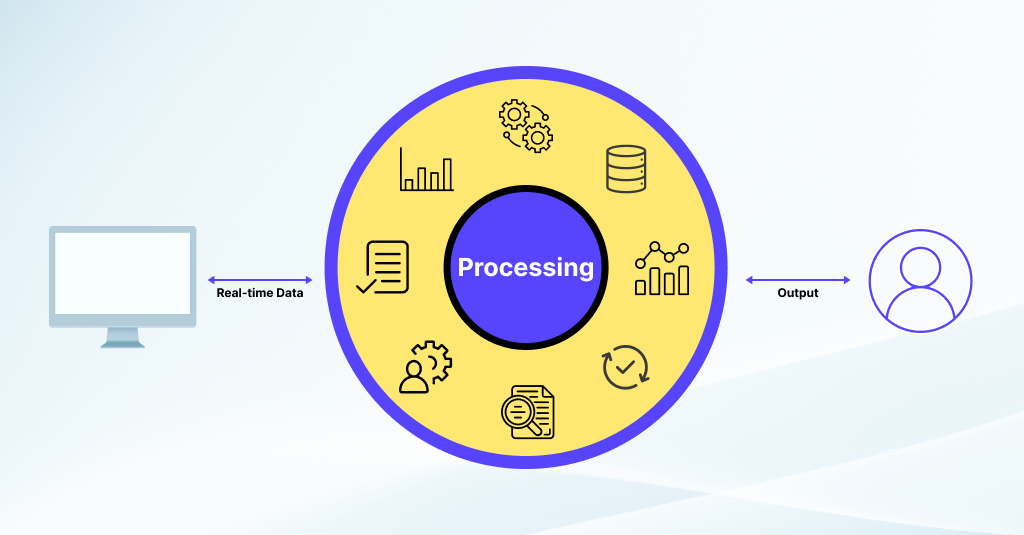
Real-time Data in the Travel Industry
In the travel industry, real-time data plays a critical role in various aspects of operations, customer service, and decision-making. Here’s it is particularly emphasized within the travel sector:
Dynamic Pricing and Inventory Management: Data in real-time allows travel companies, such as airlines, hotels, and car rental agencies, to adjust prices and manage inventory dynamically based on demand fluctuations, competitor pricing, and market trends. By continuously analyzing booking patterns, cancellations, and other factors in real-time, these companies can optimize pricing strategies to maximize revenue and occupancy rates.
Flight Tracking and Management: Airlines rely on data in real-time from flight tracking systems to monitor the status and location of aircraft, track flight schedules, and anticipate delays or disruptions caused by weather, air traffic congestion, or mechanical issues. This enables airlines to provide timely updates to passengers, optimize flight routes, and minimize the impact of disruptions on operations.
Customer Service and Personalization: Data in real-time analytics help travel companies deliver personalized experiences and responsive customer service. By tracking customer interactions across various touchpoints, such as booking websites, mobile apps, and social media channels, companies can offer tailored recommendations, address customer inquiries promptly, and resolve issues in real-time to enhance satisfaction and loyalty.
Travel Planning and Booking Assistance: Data in real-time feeds provide travelers with up-to-date information on flight availability, hotel room rates, rental car availability, and other travel-related services. Travel booking platforms leverage real-time data to facilitate seamless bookings, offer last-minute deals, and provide travelers with real-time updates on booking confirmations, itinerary changes, or cancellations.
Safety and Security Monitoring: Real-time analytics enable travel companies to monitor safety and security threats in real-time, such as natural disasters, political unrest, or public health emergencies. By analyzing data in real-time from sources such as weather forecasts, government advisories, and social media feeds, companies can assess risks, communicate with travelers, and implement contingency plans to ensure their safety and well-being.
Operational Efficiency and Resource Optimization: Data in real-time helps travel companies optimize operational processes and resource allocation. For example, airlines use data in real-time on passenger loads, baggage handling, and gate assignments to streamline operations, minimize wait times, and improve overall efficiency at airports.
Marketing and Customer Engagement: Travel companies can deliver targeted marketing campaigns, promotions, and offers to customers based on their preferences, browsing behavior, and booking history. By analyzing data in real-time on website traffic, click-through rates, and conversion rates, companies can optimize marketing strategies to attract and retain customers in a competitive market.
Conclusion
Data in real-time is essential for the travel industry to meet the evolving needs and expectations of travelers, optimize operations, and deliver seamless and personalized experiences across the entire travel journey.

